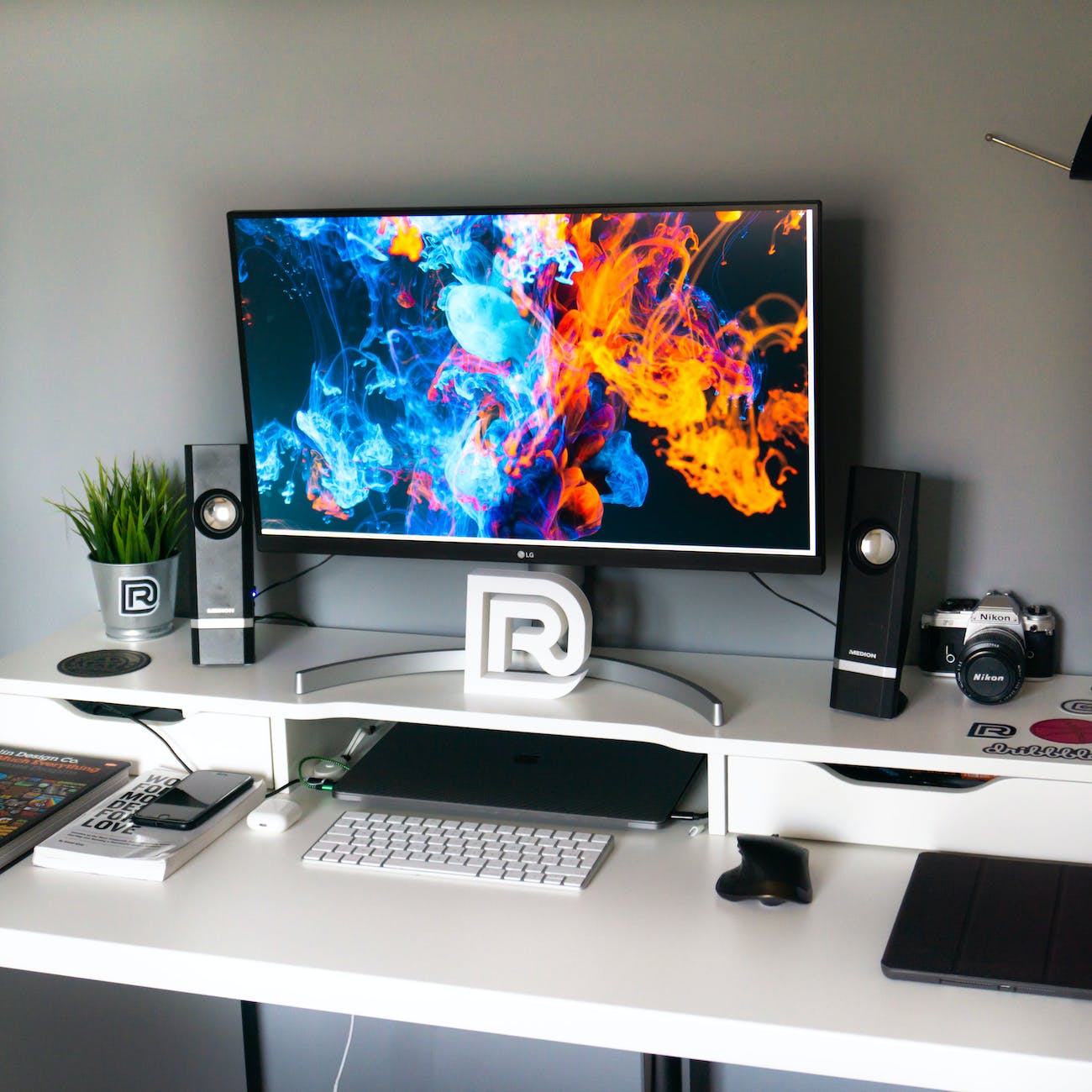Secrets of Choosing a Personal Computer: How to Find the Perfect Option


Choosing a personal computer (PC) can be overwhelming, given the abundant options available in the market. Whether you need a computer for work, gaming, or everyday use, it's essential to find the perfect option that suits your needs. This article will reveal the secrets of selecting the right PC by considering various factors such as technology, specifications, performance, operating system, price, and comparison.
1. Determine Your Requirements:
Before diving into the world of PCs, it's crucial to assess your needs. Identify whether you require a PC for heavy video editing, graphic design, gaming, or regular office tasks. Understanding your requirements will help you narrow down the options and focus on machines that are well-suited for your specific needs.
2. Consider Performance and Specifications:
Performance and specifications play a vital role in selecting the right PC. Pay attention to factors such as the processor, RAM, storage capacity, and graphics card. Higher-end specifications will provide better performance but also come at a higher price. Evaluate your requirements and budget accordingly to strike the right balance.
3. Choose the Operating System:
The choice between Windows, macOS, or Linux depends on your familiarity, software compatibility, and preference. Each operating system has its strengths and weaknesses. Windows is widely used and offers compatibility with a vast range of software. macOS is known for its user-friendly interface and seamless integration with other Apple devices. Linux is popular among developers and offers great customization options.
4. Set a Realistic Budget:
Price is an important consideration when choosing a PC. Set a realistic budget based on your financial constraints. Determine how much you are willing to spend and explore options within that range. Keep in mind that price often directly relates to performance and specifications.
5. Read Reviews and Compare:
Before finalising your decision, invest time in researching and comparing different PC models. Read reviews from trusted sources to get an idea of user experiences. Compare specifications, features, and prices of various PCs to make an informed choice. This step will help you find the best value for your money.
Conclusion:
Choosing the perfect personal computer involves considering several factors, including technology, specifications, performance, operating system, price, and comparison. By understanding your specific requirements and conducting thorough research, you can find a PC that meets your needs and budget. Remember to weigh the options carefully and make an informed decision for a satisfying computing experience.